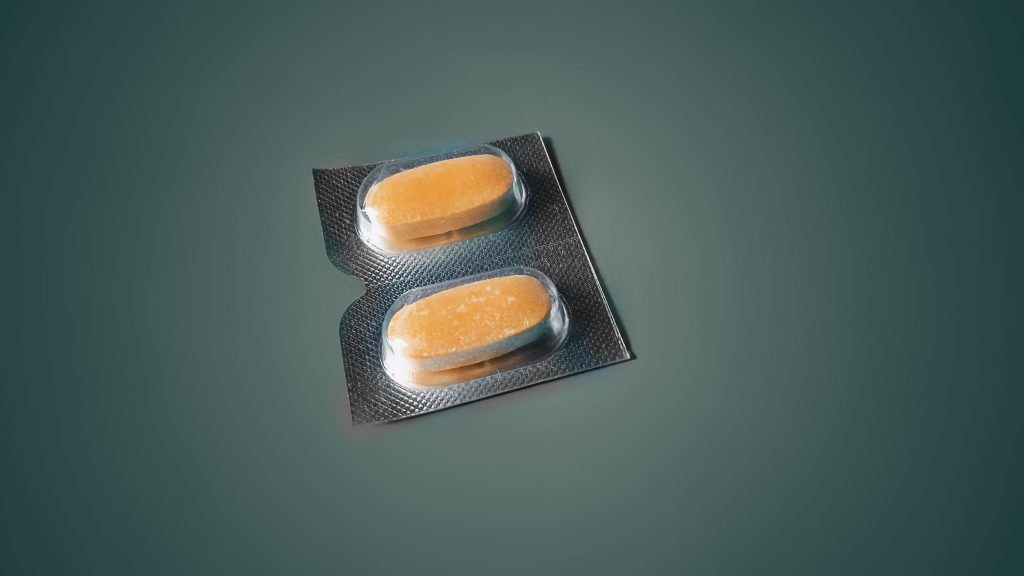
9 Minutes
CONTENTS
Iintroduced to the world in the 1960s, Ritalin is a stimulant medication commonly prescribed to manage attention deficit hyperactivity disorder (ADHD). It contains methylphenidate, a famous focus-booster and cognitive enhancer that floods the brain with dopamine to sharpen it.
Despite the numerous benefits that methylphenidate or Ritalin carries, it is also capable of triggering certain side effects. Given its easy availability, anyone can easily misuse it, which only negatively impacts the quality of life and overall health. The side effects of Ritalin, when you first start using it, are usually temporary. However, with time, these adverse effects start getting a hold of the entire body, eventually causing irreparable damage. If you or someone you love has been abusing Ritalin for a long time, an urgent referral to rehab is imperative to stop and reverse the damage before it is too late.
FAQs
A UNIQUE METHOD TREATING Stimulants
a successful and proven concept focusing on underlying causesStimulants TREATMENT LASTING APPROACH
0 Before
Send Admission Request
0 Before
Define Treatment Goals
1 week
Assessments & Detox
1-4 week
Psychological & Holistic Therapy
4 week
Family Therapy
5-8 week
Aftercare
12+ week
Refresher Visit
Stimulants Insights
latest news & research on StimulantsCaptagon
Captagon misuse can lead to addiction, serious health problems, and psychological dependence
read more
Clenbuterol, The Benefits, The Dangers, and The Misuse
Clenbuterol is generally not advised for human use, but it is used in some countries as a treatment for asthma and other respiratory syndromes or by athletes and especially bodybuilders as a performance-enhancing drug. Not only is the drug’s efficiency not properly researched, but it has also shown to have many hazardous side effects.
read more
































































